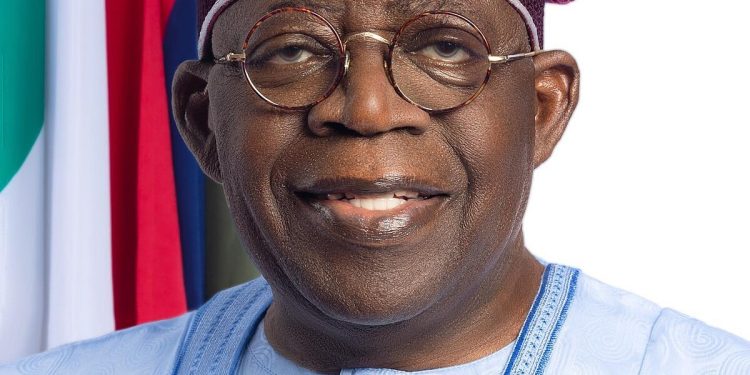President Bola Tinubu has requested approval from the House of Representatives for an additional $347 million loan to finance the Lagos-Calabar Coastal Highway project.
The loan request, part of Nigeria’s revised 2025–2026 borrowing plan, was contained in a letter read by Speaker Abbas Tajudeen during Wednesday’s plenary session.
According to Tinubu, the cost of the coastal highway project has risen from $700 million to $747 million — prompting the need for extra financing.
He said the loan would help close funding gaps and keep the project on track. The president also noted that the projects in the updated borrowing plan were carefully selected for their potential to create jobs, support local businesses, enhance skills, and reduce poverty.
The House has referred the request to its Joint Committee on Finance, Aids, Loans, and Debt Management for scrutiny. The panel is expected to examine the loan details and make recommendations to the full chamber.
However, the request has sparked new concerns about Nigeria’s rising debt levels under the Tinubu administration.
Figures from the Debt Management Office (DMO) show that the country’s total public debt rose to N144.67 trillion ($94.23 billion) by the end of December 2024 — up by 48.58 percent from N97.34 trillion ($108.23 billion) a year earlier.
Between September and December 2024 alone, the DMO recorded a 1.65 percent increase in debt stock, fuelled by both local and external borrowing.
External debt rose sharply by 83.89 percent, jumping from N38.22 trillion ($42.5 billion) in December 2023 to N70.29 trillion ($45.78 billion) in December 2024.
The spike was linked to fresh loan inflows and the weakening of the naira, which inflated the naira value of dollar-denominated debt.
Domestic debt also climbed by 25.77 percent, moving from ₦59.12 trillion ($65.73 billion) to ₦74.38 trillion ($48.44 billion) over the same period.
In May, the president asked the national assembly to approve the 2025-2026 borrowing plan of $21,543,647,912, €2,193,856,324.54, and ¥15 billion, in addition to a €65 million grant.
With an additional $47 million allocated to the Lagos-Calabar Road project and $300 million for the universal communication access project, the initial $21,543,647,912—a part of the borrowing plan—has now increased to $21,890,647,912.









